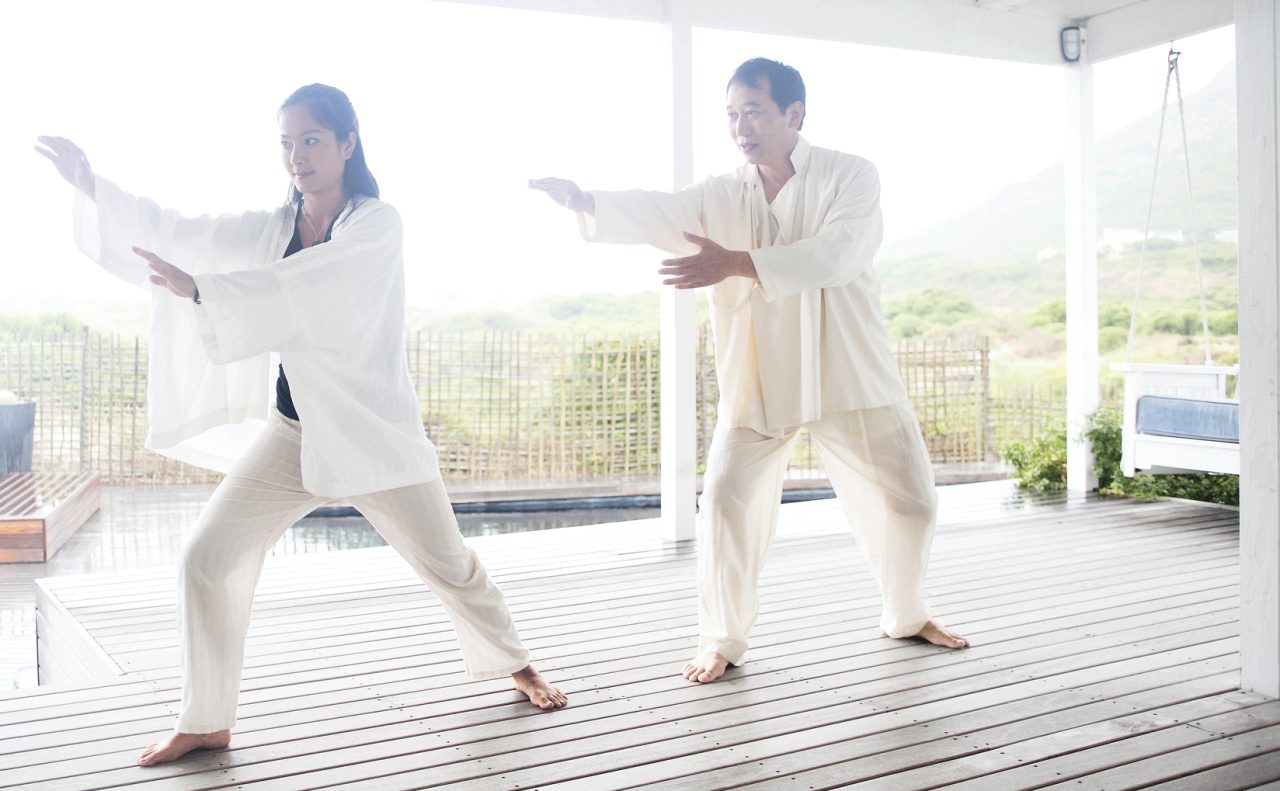The Benefits of Tai Chi

Tai Chi, an ancient Chinese form of body movement exercise, is ideal for older people and brain health in anyone. Science suggests it helps in several ways.
In China, Tai Chi is often practiced in groups in parks or other public places, most notably in the opening ceremony of the 2008 Olympic Games in Beijing. Also known as Tai Ji Quan, it is a form of exercise that promotes health at any age.
The origins of Tai Chi date to the late Ming Dynasty, which ended in the mid-1600s. Over time, five classic styles emerged, named for the families that developed them.
YOU MIGHT ALSO LIKE: What Is Acupuncture?
What is Tai Chi?
In the tradition called routine practice, you assume specific shapes or forms, often 24, though there are also 8- and 16-form routines. A series of slow, continuous, and fluid movements — along with controlled breathing — promote flexibility, coordination, peacefulness, and balance. You can see a 15-minute series with 10 moves here.
Although Americans are most familiar with the flowing routines, Tai Chi also includes push-hand exercises, in which you’ll work with another person, using your hand and body weight to ward off, roll back, press, push, grasp, elbow, and lean against someone. You can see examples here.
Originally a martial art, Tai Chi includes kicking, striking, and pushing down on an opponent, but the focus is on control and maneuvering rather than force. It is included in Chinese martial art competitions every year.
Holding stances — three basic ones are Wu Chi, Bow, and Cat stance — promote strength in your legs and good posture.
How Tai Chi promotes health
Among Americans, Tai Chi is considered ideal for older people. Most older Americans are living with two or more chronic conditions like diabetes, arthritis, and depression that can make them inactive, and Tai Chi can build strength and balance safely.
Especially if you are worried about falling during any activity, a tai chi class is a good way to get moving again and could prevent injuries from falls as you go through your day. A review of 10 randomized controlled trials comparing Tai Chi to other activities concluded that a few months of practice at least once a week cut the risk of a bad fall within a year by half.
The National Council on Aging recommends programs that have adapted traditional Tai Chi especially for arthritis and fall prevention.
Research suggests that Tai Chi can help people with osteoarthritis, Parkinson's disease, chronic obstructive pulmonary disease, depression, and dementia. Some evidence indicates that Tai Chi increases cognitive function in the elderly and can improve quality of life for patients with cancer, fibromyalgia, hypertension, and osteoporosis.
Maybe it could it extend your life? The Chinese hero Peng Su, who practiced Tai Chi, is said to have lived until the age of 800.
Updated:
July 13, 2023
Reviewed By:
Janet O’Dell